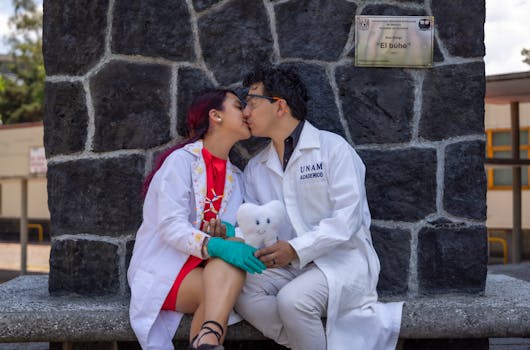
Introduction

The science behind vaccines and public health is a critical area that shapes our collective health outcomes. Vaccines serve as a cornerstone in preventing infectious diseases, enhancing public health on a global scale. The importance of understanding this science cannot be overstated, as it informs policy decisions and personal health choices.
How Vaccines Work

Vaccines function by stimulating the immune system to recognize and combat pathogens. They introduce antigens—substances that provoke an immune response—without causing the disease. This safe exposure trains the immune system to respond more effectively when encountering the actual pathogens in the future.
There are various types of vaccines, including:
- Inactivated or killed vaccines: These contain pathogens that have been killed or inactive, such as the polio vaccine.
- Live attenuated vaccines: These use a weakened form of the germ, like the measles vaccine.
- Subunit, recombinant, or conjugate vaccines: These include only parts of the germ, for example, the HPV vaccine.
Public Health Impact of Vaccination

The impact of vaccination on public health extends far beyond individual protection. Vaccines contribute to herd immunity, a concept where a significant portion of a population becomes immune to a disease, making its spread unlikely. This is crucial for protecting those who cannot be vaccinated, such as individuals with certain medical conditions.
Historically, vaccines have led to the eradication and control of diseases that once caused significant morbidity and mortality. For instance, smallpox was declared eradicated in 1980 due to a global vaccination campaign.
Challenges and Misconceptions

Despite the proven benefits, vaccination faces challenges, including vaccine hesitancy fueled by misinformation. Common misconceptions, such as the false belief that vaccines cause autism, have been debunked by extensive research. Addressing these misconceptions is vital for improving vaccination rates and public health outcomes.
Public health campaigns play a significant role in educating communities about the benefits and safety of vaccines, helping to combat misinformation and encourage informed decision-making.
Conclusion

Understanding the science behind vaccines is crucial for appreciating their role in public health. Vaccines not only protect individuals but also contribute to the health and safety of entire communities. As we continue to face new health challenges, a commitment to vaccination and public health education will be essential in safeguarding our future.



